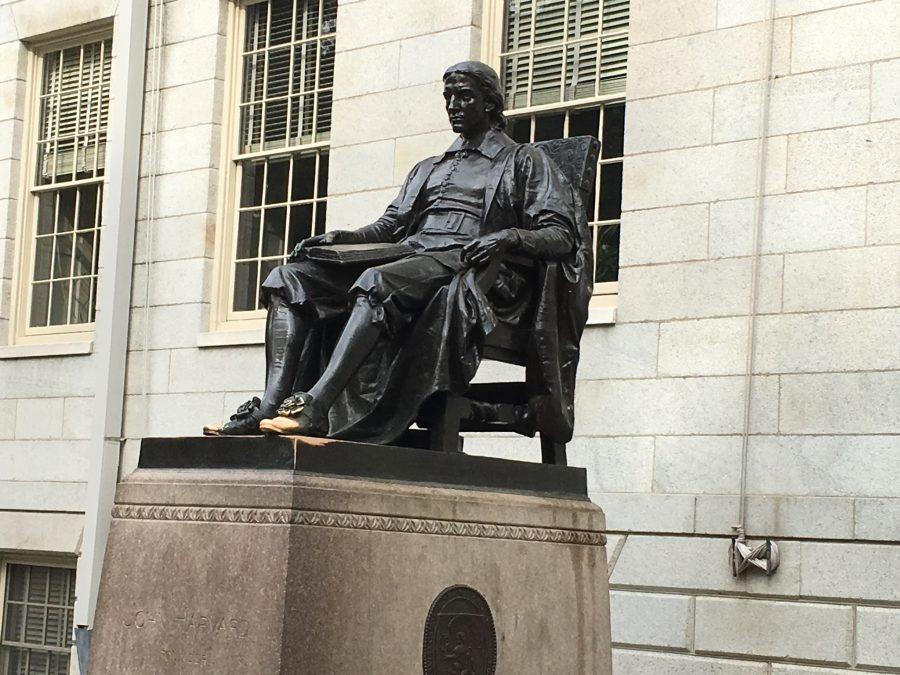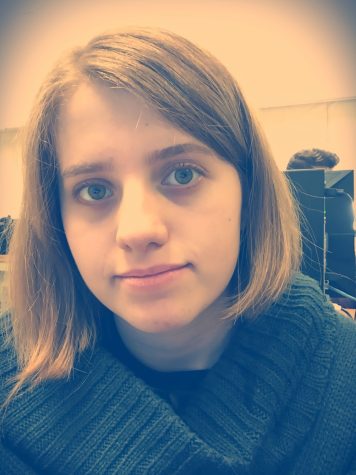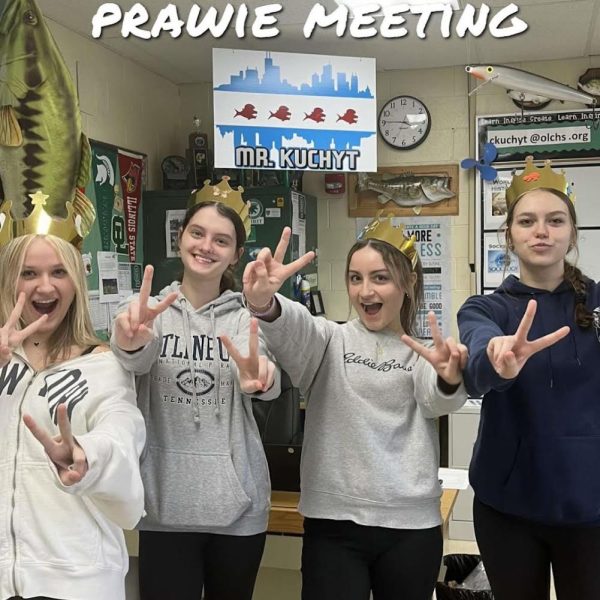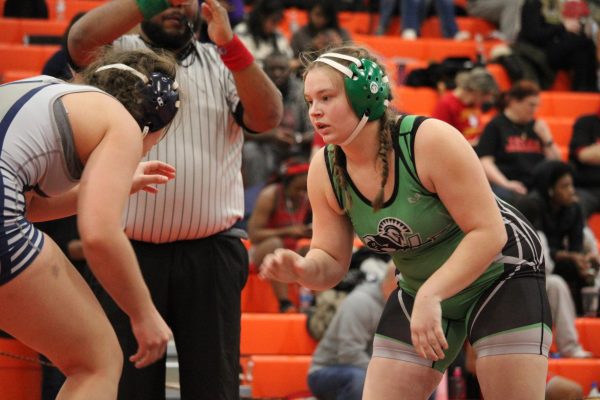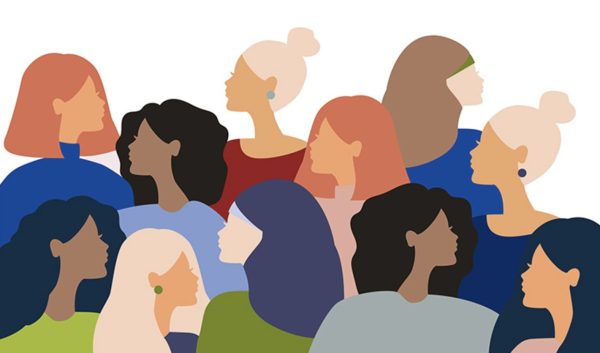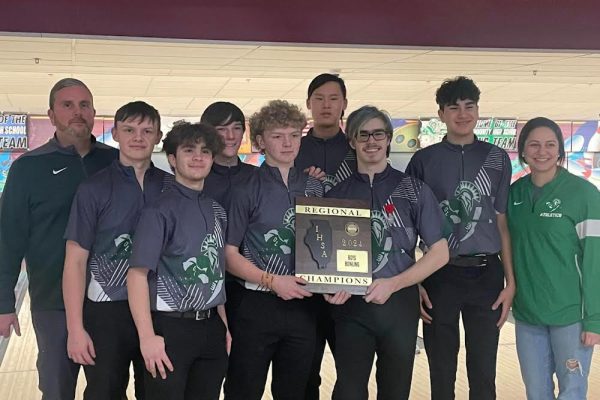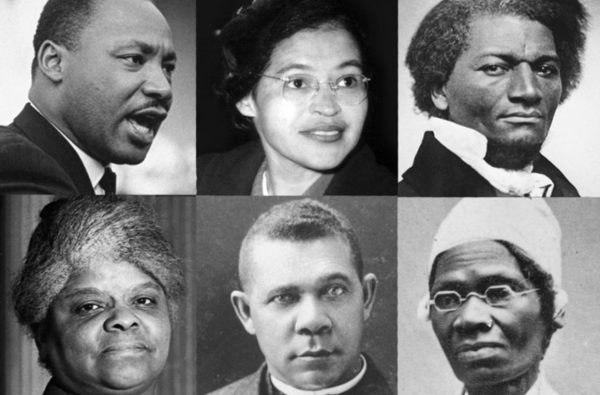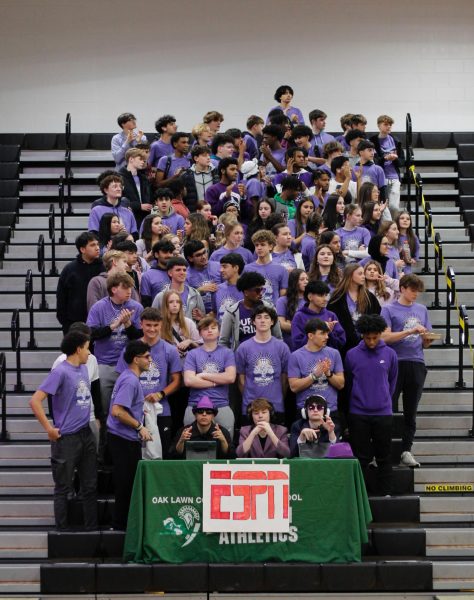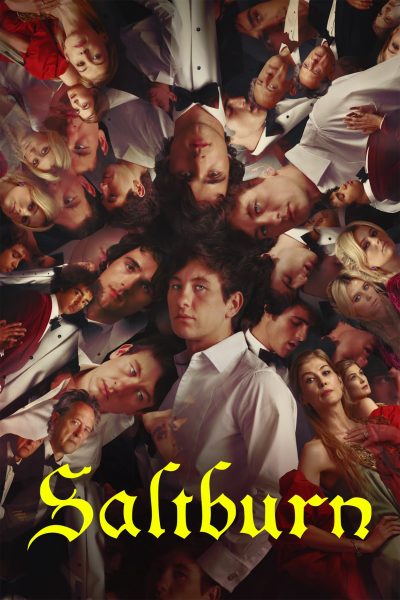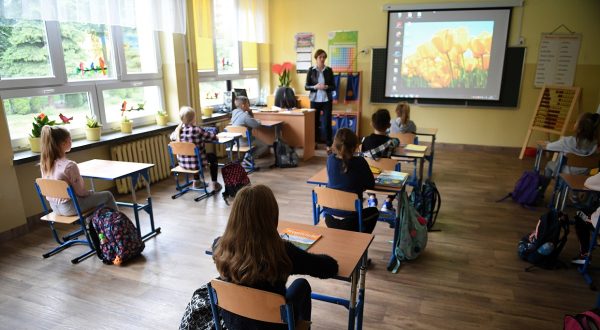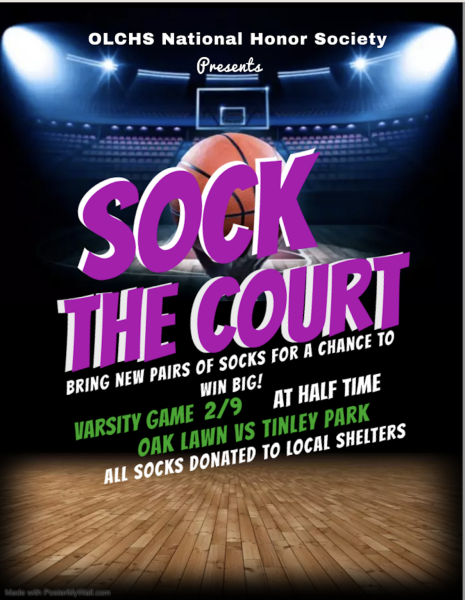Scintillating Summer At Harvard University
October 11, 2016
Imagine that one day, you were given the opportunity to take classes at a prestigious astle college in an area you’ve never been to before. Imagine being able to experience college living as a high school student. Wouldn’t that be amazing? Well, Emily Hartman, currently a senior at Oak Lawn Community High School, certainly agrees. Last summer, she was given a rare opportunity to join the Harvard Pre-College Program, a sophisticated organization to show the world’s brightest students what college life is like. This program allows the students to pick a specific subject to learn about while living on campus in dormitories. They also get the choice to sign up for extracurricular activities. It trains them about their subject of choice, independent living, time management, and even more. Clearly, this is the chance of a lifetime for anyone looking into colleges, and Emily is here with me to talk about her lessons and experiences at Harvard University.
Q: How did you get the opportunity to be a part of the Harvard Pre-College Program?
Emily: I received an email one day during my junior year, before I took the ACT. It was from Harvard, stating that I was eligible to apply for their Pre-College Program. I believed the email in my inbox was a joke, but my mom saw it and encouraged me to respond and send an online application. I had to make an account on the Harvard website in order to fill out my application and send it. A month or two later, there was a status update on my account in the website and it was pretty anticlimactic, but it said I was accepted. I was in a state of disbelief, squinting at the screen to see if I misread anything. Afterwards I was super excited, I told my mom, my sister and my friends. I was unsure for a while if I was actually accepted or not but as time passed it became clear that this was actually happening.
Q: What was the flight from Oak Lawn to Boston?
Emily: I flew from Chicago to Logan Airport in Boston, then I had to take a cab to Cambridge. I’ve been in a plane before, but this was my first flight alone and I was so scared. I went from Chicago, to Atlanta, and then to Boston. It was tiring, especially at three in the morning.
Q: What was it like when you first arrived on campus?
Emily: I had to use uber and worked my way around the app. So I told the driver the address in found on the emails. It was to the admission office. So I walked up to the gate and realized the building was closed. I asked people around me and found out that my dorm, Dunster House, was nowhere near here. I was lost. An elderly man offered to be my guide and walked me around Cambridge, trying to find where this dorm was. Eventually we found a tour guide who lead me to Dunster House. It was terrifying at first, but I eventually got used to it.
Q: What were your roommates like?
Emily: I had two roommates, Deena and Greta. They were both really nice and I liked them a lot. We all had different classes, Deena had astronomy, Greta had speech, and I had social epidemiology. Deena was from Thailand and went to a boarding school in England. Greta was from the north side of Chicago. We all got along really well.
Q: How about your dorm?
Emily: It was a nice little place, but the fans didn’t work really well so we had to keep the windows open. Although there’s a great view. I was the last one to get there, but I liked sharing a room with Deena. Greta had her own room.
Q: What was your course about?
Emily: It’s a subsection of sociology. Epidemiology is the study of the spread of disease and how and why it gets around. The social aspect of it is conducting studies on how different areas contract these conditions based on income, education, gender, race, ethnicity, geographical reasons, that sort of thing. We also touched upon social justice, since social epidemiology is meant to find the root of the disease and eradicate it.
Q: What are your thoughts on your prof. Farah Qureshi?
Emily: She was so fun to be around. She was super inclusive. Her lectures never had dull moments. She was always open. And really intelligent, too. She empathized with us, professionally, as a great, friendly person. No one was scared to talk to or reach out to her. I really liked her.
Q: Was the class hard? Enjoyable? Worthwhile?
Emily: It was super challenging. Especially since it was condensed into two weeks. We crammed in information daily. I took lots of notes and wrote essays, but we learned mostly through discussions and speaking. It was very easy to get involved. We made presentations to explain to the rest of the class. There was lots of outside and group work. I had to moderate my time. The latest I stayed up till was midnight. You had to be on top of your schedule or else you might oversleep through something.
Q: What else did you learn?
Emily: We learned how to calculate disease risks, the history of disease research, how to manage time, and how to prevent procrastination.
Q: What did you do outside of the classroom?
Emily: We had lots of extracurricular activities. We explored ethical and social topics through lectures, we learned about financial aid and college applications, I joined their choir ensemble activity, I went to the New England Aquarium and the Canobie Lake Park. I thought the latter was a lake but it ended up being an amusement park, which was really new and exciting. I loved all of the activities the PA set up for us.
Q: What was your last day on campus like?
Emily: Everyone was really bummed. People were packing up and saying their goodbyes. It was melancholic. We were glad to have experienced this and met these people and take these courses. But there was a lot of hugging and tears. We all said goodbye to [Prof. Qureshi] Farah, that’s what she liked to be called, and we wrote our farewells all over the chalkboard. I had trouble taking in that it was time to go. Both of my roommates left before me. I laid down on my mattress and it just dawned on me, that it was time to go. And before I knew it, I was on a ride back to Logan airport.
Q: What was the most important lesson you took away from the experience?
Emily: I learned to be open to new changes and experiences and to be flexible despite whatever comes my way. There were lots of times when I was confused and wanted to give up, but I adapted to what came at me. And I definitely don’t regret applying, and snatching that last seat for social epidemiology. This experience was a lot more fun than I anticipated. It was amazing.
Q: Do you think this experience will be very helpful for you in the future?
Emily: Of course! It gave me an idea of what college was really like, so now I know what to expect. I was exposed to this community of staff, students, and professors. Now I know how to go about daily life, it’s not scary or foreign anymore. Now I can say that I’ve adapted to campus life, even in those two weeks. Now I’m prepared.
Q: What are your overall thoughts on the Harvard Pre-College Program?
Emily: I would recommend looking into it. There’s lots of subjects to pick from, they provide you with lots of activities, and New England has a great atmosphere. If you want to travel and learn, this is the thing for you. It’s so immersive. I felt so lucky to be there in the first place. Being a part of the Harvard Pre-College program was one of the best things I’ve ever done to prepare for the future.
Emily Hartman shared how inspiring her experience was with me. Her two weeks in Boston taught her that no matter what steps you take in high school to prepare for college, the most important thing about it is that you need to learn how to live independently and manage your time wisely. Although college life can be intimidating, whether it be at a community college or a castle university such as Harvard, it will still be a fun and enlightening experience that will never be forgotten.
